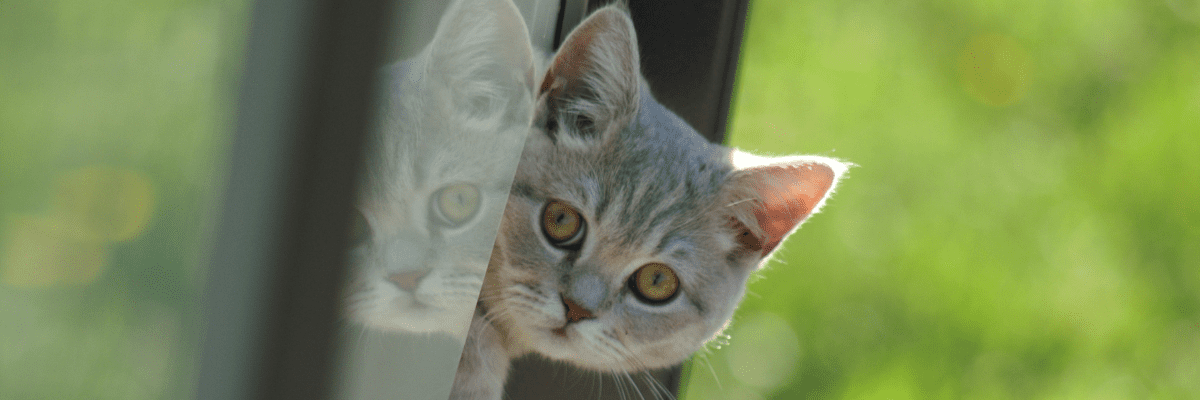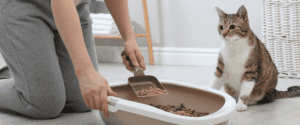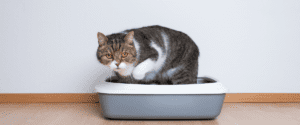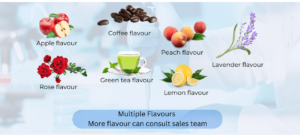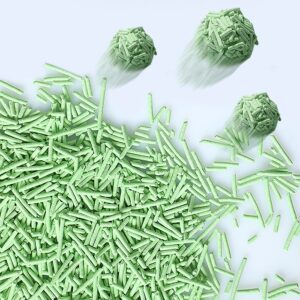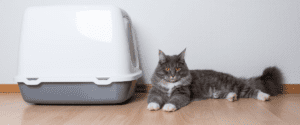Introduction
As responsible pet owners, we strive to provide the best care for our furry companions while also considering the impact on the environment. One area where we can make a positive difference is in our choice of cat litter. Traditional clay-based litters have long been popular, but they come with several environmental drawbacks. In recent years, plant-based cat litters have gained traction as a more sustainable and eco-friendly alternative. In this article, we will delve into the world of plant-based cat litter and explore its numerous benefits for both our feline friends and the planet.
Environmental Impact of Traditional Clay-Based Litters
Clay-based cat litters, commonly made from sodium bentonite clay, have been widely used due to their absorbency and odor control properties. However, their production has significant environmental implications. The mining of clay involves habitat destruction and the release of harmful dust particles into the air. Additionally, the disposal of used clay litter in landfills contributes to the accumulation of non-biodegradable waste. As conscientious pet owners, we need to consider more sustainable alternatives.
Introduction to Plant-Based Cat Litters
Plant-based cat litters offer an eco-friendly solution by utilizing renewable and biodegradable materials. These litters are typically made from substances such as corn, wheat, recycled paper, coconut husks, or pine. The use of plant-based materials reduces the demand for clay mining and promotes a more sustainable production process.

Advantages of Plant-Based Cat Litters
a) Biodegradability: Plant-based litters are designed to break down naturally, often compostable and safe for disposal in organic waste systems. This feature reduces the burden on landfills and promotes a circular economy.
b) Reduced Environmental Footprint: The production of plant-based litters consumes fewer resources and generates lower carbon emissions compared to clay-based counterparts.
c) Dust Control: Many plant-based litters are dust-free or have significantly reduced dust levels, which helps improve the air quality in our homes and reduces respiratory issues for both humans and cats.
d) Renewable Resources: The use of plant-based materials ensures a sustainable supply chain, reducing dependence on finite resources like clay.
e) Flushable Options: Some plant-based litters are flushable, making cleaning the litter box a convenient and hygienic process.
f) Odor Control: Plant-based litters often come with natural odor-absorbing properties, effectively neutralizing unpleasant smells without the need for harsh chemicals.

Considerations and Tips for Using Plant-Based Cat Litters
a) Transitioning: When switching from clay-based litter to a plant-based alternative, it’s important to introduce the new litter gradually. Mix small amounts of the new litter with the old one, gradually increasing the proportion over time to allow your cat to adjust.
b) Tracking: Some plant-based litters may have larger particles that can be tracked outside the litter box more easily. Placing a mat or tray under the box can help minimize tracking.
c) Allergies and Sensitivities: While plant-based litters are generally safe, individual cats may have allergies or sensitivities to specific materials. Monitor your cat’s behavior and consult your veterinarian if any concerns arise.
d) Clumping Performance: Plant-based litters vary in their clumping abilities, so it’s essential to choose a product that meets your preferences and your cat’s needs.
e) Multiple Cat Households: In homes with multiple cats, consider the litter’s ability to controlodors and manage waste effectively. Some plant-based litters are specially formulated for multi-cat households, ensuring optimal performance.
Brands and Product Options
The market for plant-based cat litters has expanded in recent years, offering a variety of options to suit different preferences. Some popular brands include XYZ PlantCat, ABC EcoLitter, and DEF GreenPaws. These brands provide a range of materials, clumping capabilities, and scents to cater to individual needs. It’s important to read product reviews and consider factors like dust control, odor management, and price when selecting the right plant-based litter for your feline companion.
Conclusion
Making the switch to plant-based cat litter not only benefits the environment but also contributes to the well-being of your cat. By choosing a sustainable alternative, you reduce the ecological impact of traditional clay-based litters, while providing a safe and comfortable litter box experience for your pet. Remember to consider factors like biodegradability, dust control, and clumping performance when selecting a plant-based litter. Together, as responsible pet owners, we can make a positive impact on the planet while ensuring the happiness and health of our beloved feline friends.
